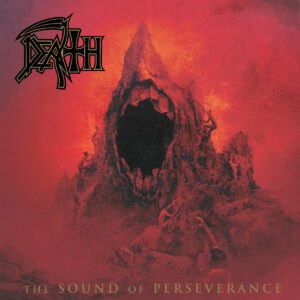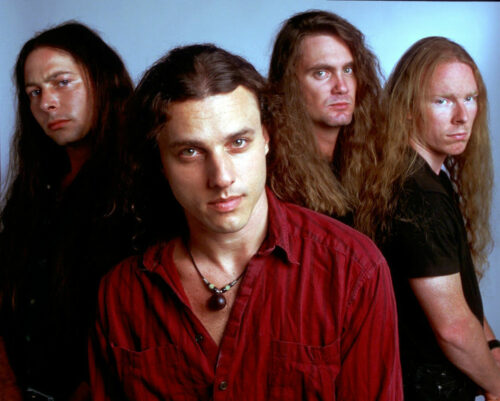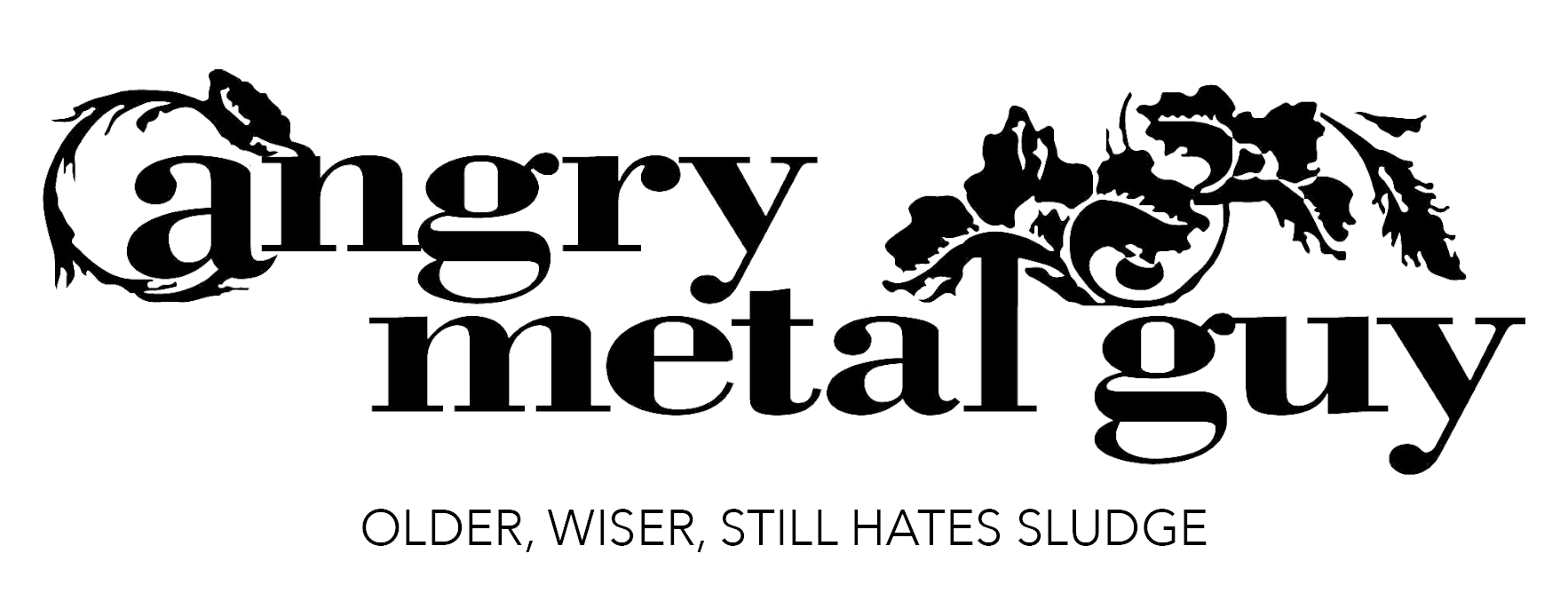
Perseverance is a different beast. Not least because it’s just a bit less beast, and a just bit more beauty. Without losing the intensity of earlier records, the new line up for this record brought a focus on progressiveness and technicality, coupled with an acerbic, rasping edge to Schuldiner’s vocals that bordered on black metal. Contrary to Holdeneye‘s recent incendiary suggestions that Death was, by this point, a progressive thrash band, whose experimental sensibilities had ceased to craft songs as songs, instead existing as “exercises for demonstrating technical ability and/or progressive sensibility,” the Perseverance incarnation of Death created something truly unique, without sacrificing what they had achieved with Symbolic. From the incredible one-two punch of “Scavenger of Human Sorrow” and “Bite the Pain,” which opens the record, through to the cover of Priest’s “Painkiller”, which closes it,1 Perseverance has so many little flourishes and details that make it an absolute masterpiece.
At its core are the heart-wrenching instrumental, “Voice of the Soul,” and the epic, galloping brutality of “Flesh and the Power it Holds,” which anchor the record. The former, percussion-free and combining picked acoustic guitar with soaring solos, is simply beautiful. It stands apart from anything else in the Death discography and that first little crunch from the electric guitar about six seconds in makes the hairs on my arms stand up every time, before the melodies carry me away. A few minutes of devastating, mournful calm in a swirling sea of heaviness, it’s the perfect breather and its inclusion signals what Death had become by their final record, a truly progressive metal band, transcending the boundaries of death metal. Alongside it, “Flesh and the Power it Holds,” by some margin the longest cut on the record, shifts through breathless death metal, which borders on thrash in places, into much slower melodic passages, slowing to a percussion-free crawl, which foreshadows “Voice of the Soul.” Throughout, Schuldiner’s snarling rasp cuts like razor wire.

Much has been written about Schuldiner’s incredible riffs and virtuoso solos, as well as his instantly recognizable vocals. However, in one of the most underrated but pivotal performances in the many incarnations of Death, Richard Christy’s work on drums is just as crucial to what Perseverance is. An absolute powerhouse behind the kit, from the solo that opens the record on “Scavenger of Human Sorrow,” before the incredible cascading guitar solo drops, and the furious blasts that kick in when “Bite the Pain” finds its stride to the incredible complexity on “A Moment of Clarity,” Christy’s work is the backbone, as well as the beating heart, of Perseverance. Launching out the gates at a frantic pace, Death have the confidence to then throttle back, shifting gears effortlessly and imbuing the record with a relentless flow that eddies and swirls, then draws breath before exploding into life again. While this happens across the album as whole, “Story to Tell” and “Flesh and the Power it Holds” exemplify it in particular.
Had Schuldiner lived longer, who knows where Death would have gone next. The trajectory from Scream Bloody Gore to The Sound of Perseverance and the vision it took to achieve the journey is remarkable. By the time Death recorded their final record, with yet another new lineup, Schuldiner had the confidence and, for want of a better word, swagger that allowed him to turn out a record that wore its lineage and relationship to Symbolic on its sleeve but is, at the same time, a more varied and more experimental record. Perseverance has a charm and vitality to its vicious groove that, while I would have dearly loved more Death, is a perfect culmination to the progressive experimentation begun on Spiritual Healing.

















